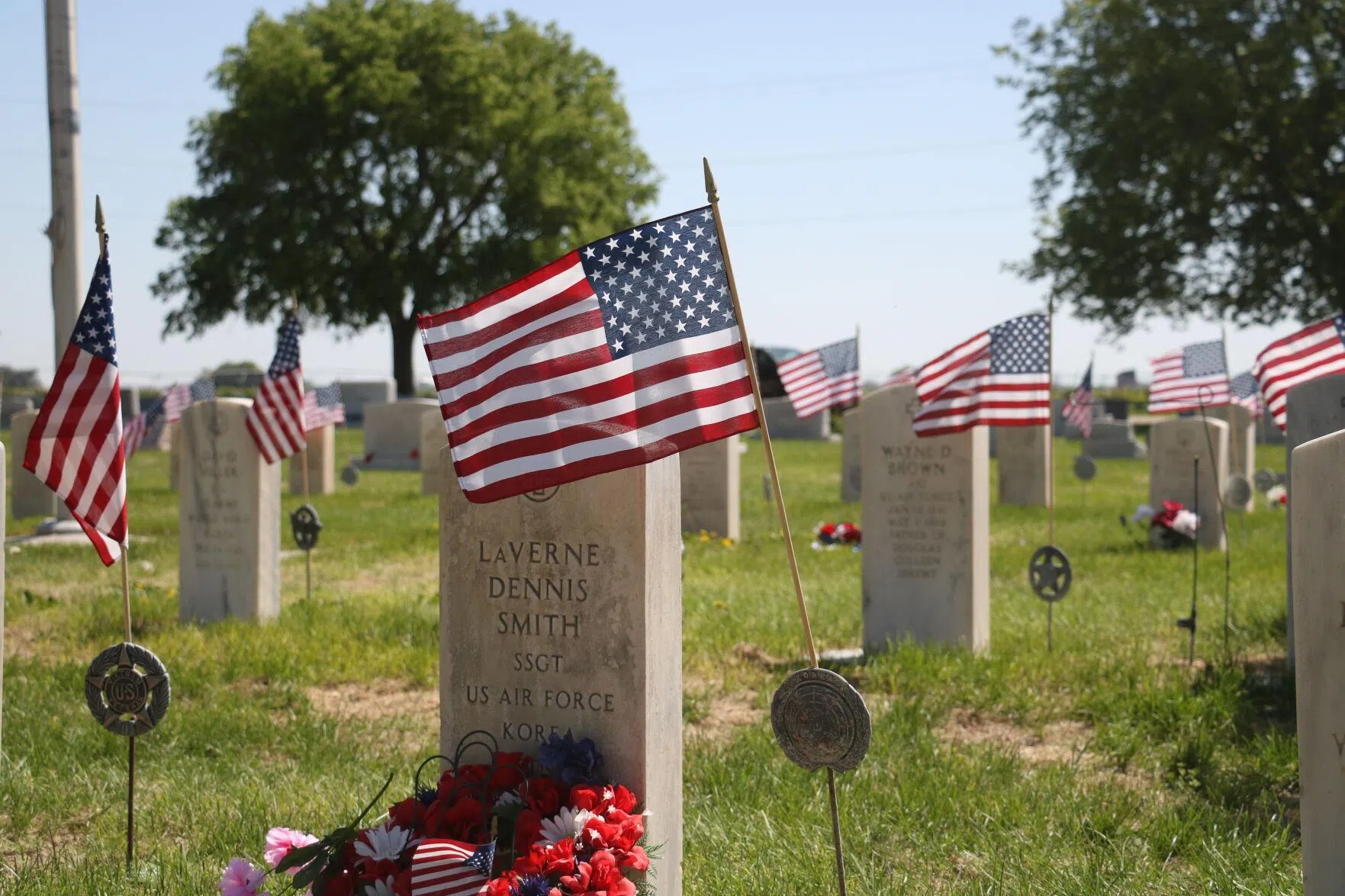
Brian Neben, Courtesy
NEBRASKA — To many, Memorial Day is the unofficial start of summer, a time to get the boat in the water, fire up the grill and enjoy a three-day weekend. However, the history of the federal holiday traces its roots to a solemn remembrance of those who have fallen in service to the United States.
Memorial Day was originally known as Decoration Day and the first national observance was held on May 30, 1868. The holiday was proclaimed by Commander in Chief John A. Logan of the Grand Army of the Republic to honor the Union soldiers who had died in the Civil War.
The modern proclamation calls on Americans “to observe Memorial Day by praying, according to their individual religious faith, for permanent peace.”
More than 600,000 soldiers of the Union and Confederacy fought and died in the Civil War and the scale of the human loss ensured that burial and memorialization took on a new cultural significance in the United States.
Official recognition as a holiday spread among the states, beginning with New York in 1873. By 1890, every state in the Union had adopted it.
Following the World Wars, the event turned into a day of remembrance for all the members of the U.S. military who fought and died in service.
By 1971, Congress standardized the holiday as “Memorial Day” and changed its observance to the last Monday in May.
There are two other days celebrate those who have served or are serving in the U.S. military.
Armed Forces Day, observed earlier in May, is an unofficial U.S. holiday for honoring those currently serving in the armed forces, and Veterans Day, Nov. 11, which honors all those who have served in the United States armed forces.
Memorial Day is commemorated at Arlington National Cemetery each year with a ceremony where a small American flag is placed on each grave. Traditionally the President or Vice President lays a wreath at the Tomb of the Unknown Soldier.
“We do not know one promise these men made, one pledge they gave, one word they spoke; but we do know they summed up and perfected, by one supreme act, the highest virtues of men and citizens. For love of country, they accepted death, and thus resolved all doubts, and made immortal their patriotism and their virtue,” James A. Garfield said on May 30, 1868 at Arlington National Cemetery.
